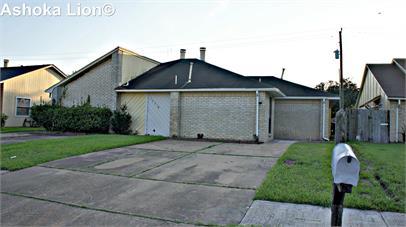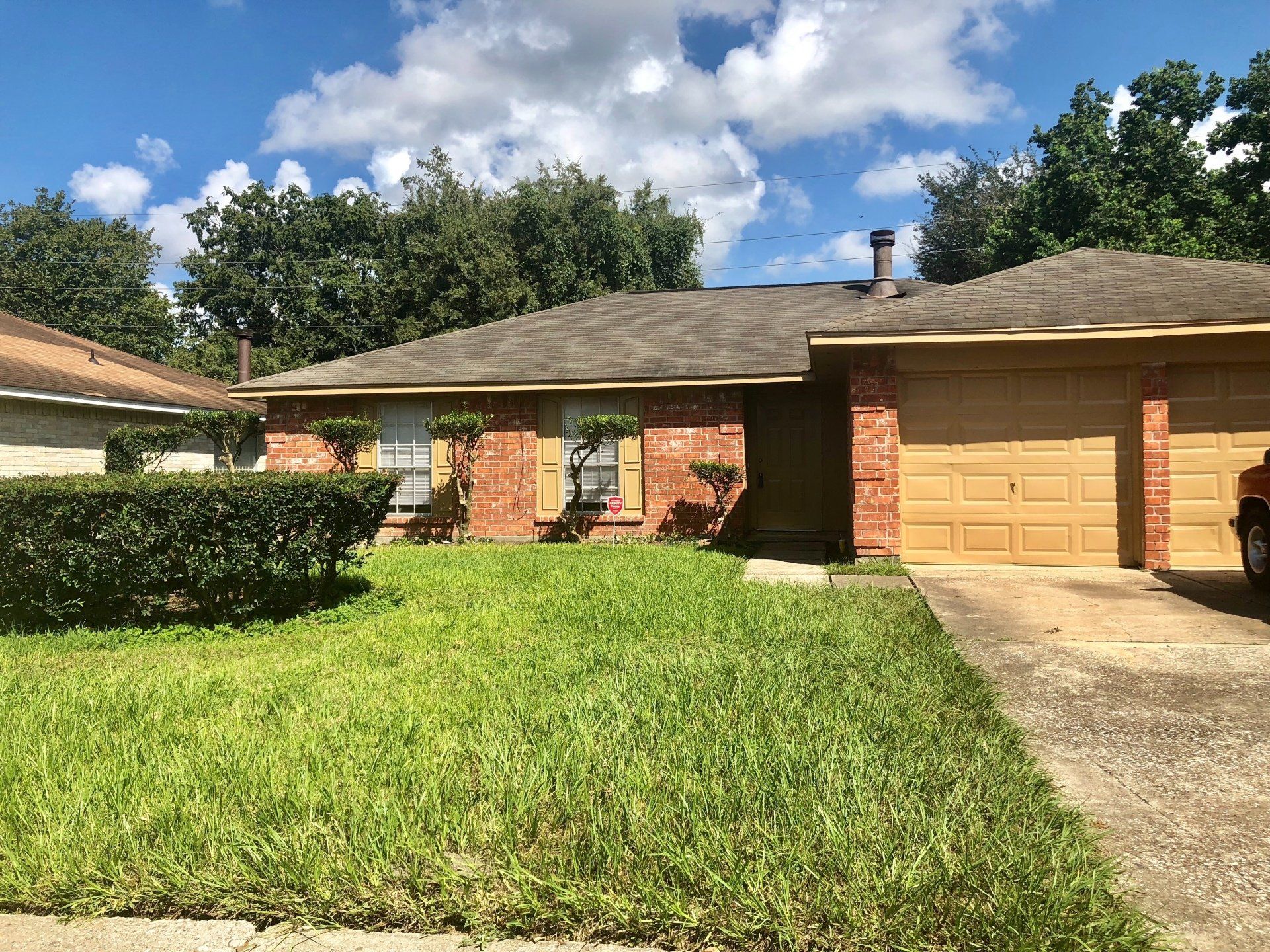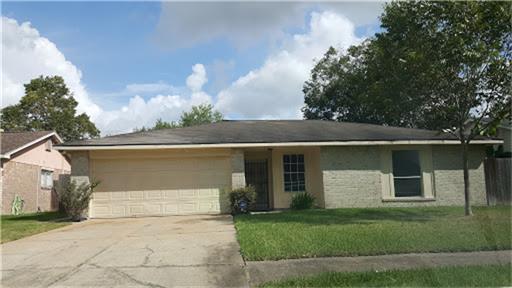Knowing Your Boundaries: Key Legal Guidelines
Why HOA Boards Should Avoid Getting Involved in Personal Neighbor Disputes

Homeowners Association (HOA) board members play a critical role in maintaining the appearance, safety, and overall quality of life within a community. Because of this visible leadership role, board members are often viewed by homeowners as problem-solvers for nearly every type of neighborhood issue. While this perception is understandable, it can also create serious legal exposure for both the Association and individual board members—particularly when boards become involved in personal disputes between neighbors that fall outside of covenant enforcement.
An HOA’s authority is limited. Boards are empowered to manage common areas and enforce the community’s Covenants, Conditions, and Restrictions (CC&Rs). They are not neighborhood mediators, landlords, or arbitrators of personal disagreements. Although board members may feel a natural desire to step in and preserve harmony, involvement in disputes unrelated to covenant violations can quickly create legal and financial risk.
Understanding the Limits of HOA Authority
HOAs exist to enforce governing documents—not to resolve interpersonal conflicts. When disputes involve personal disagreements, tenant-to-tenant conflicts, personality issues, or landlord-tenant matters that do not violate the CC&Rs, the HOA generally lacks authority to intervene.
In Texas, Chapters 202 and Chapter 209 of the Property Code provide the legal framework for HOA enforcement actions. These statutes focus primarily on restrictive covenants and due process protections, not broad dispute resolution authority. They do not grant HOAs the power to insert themselves into personal matters simply because the dispute occurs within the community.
When boards act outside this defined scope, they risk exceeding their authority and violating their fiduciary duties to the Association.
Legal Risks of Improper Involvement
When an HOA board becomes involved in personal or tenant-related disputes without a clear covenant violation, several legal risks may arise:
Breach of Fiduciary Duty
Board members owe fiduciary duties of
care, loyalty, and good faith to the Association. Acting beyond the authority granted by the governing documents or state law can be viewed as a breach of these duties, especially if the board’s actions expose the Association to unnecessary risk.
Due Process Violations
Chapter 209 of the Texas Property Code establishes strict procedural requirements for enforcement actions. For example:
- §209.006 requires written notice and an opportunity to cure before enforcement
- §209.007 mandates a formal hearing before penalties are imposed
If a board intervenes without following these procedures—or without a documented covenant violation—it risks violating statutory due process requirements.
Selective Enforcement Claims
When boards involve themselves in some disputes but not others, homeowners may allege selective enforcement. Inconsistent involvement can undermine the HOA’s credibility and expose it to legal challenges.
Defamation and Negligence
Board members who make statements or take positions in personal disputes risk accusations of defamation, especially if allegations are repeated without verification. Additionally, attempting to mediate disputes without proper training may result in negligence claims if the situation escalates.
Fair Housing Act (FHA) Exposure
With the growing number of rental properties in many communities, the risk of
discrimination claims is increasing. Intervening in disputes involving tenants—particularly when owners, families, or protected classes are involved—can lead to allegations of disparate treatment under the Fair Housing Act, even if discrimination was not intended.
The Increasing Complexity of Rental-Related Disputes
As more homeowners lease their properties, HOA boards are increasingly pressured to address tenant behavior. While boards may enforce behavioral restrictions tied to the property (such as noise, parking, or trash violations), they must be careful not to drift into landlord-tenant matters.
HOAs are not parties to lease agreements. Attempting to resolve tenant disputes, enforce lease terms, or mediate disagreements between renters and owners can create confusion about the HOA’s role and further expand legal exposure.
Best Practices for HOA Boards
To protect the Association and board members from unnecessary legal risk, HOAs should adopt clear, proactive strategies:
1. Adopt Clear, Written Enforcement Policies
Boards should maintain formal, written policies that define:
- What constitutes a covenant violation
- When enforcement action will be taken
- How complaints are documented and evaluated
Clear policies promote consistency and transparency.
2. Provide Regular Board Training
Ongoing training on fiduciary duties, Texas property law, and Fair Housing compliance helps ensure board members understand the limits of their authority and how to respond appropriately to complaints.
3. Consult Legal Counsel Early
Before intervening in any dispute that falls into a gray area, boards should consult legal counsel. Early legal guidance is far less costly than defending a lawsuit.
4. Communicate the HOA’s Limited Role
Boards should clearly communicate to homeowners that the HOA’s role is limited to covenant enforcement. Encouraging residents to use
alternative dispute resolution, local mediation services, or legal channels for personal disputes helps set proper expectations.
5. Enforce Rules Consistently and Objectively
The safest approach for any HOA is
consistent enforcement grounded strictly in governing documents. Boards should avoid emotional decision-making and focus on documented violations only.
While HOA boards are entrusted with maintaining community standards, their authority has clear legal boundaries. Getting involved in personal neighbor disputes—especially those unrelated to covenant enforcement—can expose the Association to significant legal, financial, and reputational risk.
By understanding their limited role, following statutory procedures, and enforcing rules consistently, HOA boards protect not only themselves, but also the homeowners they serve. Staying within legal bounds preserves the integrity of the Association and helps ensure long-term stability for the community.









